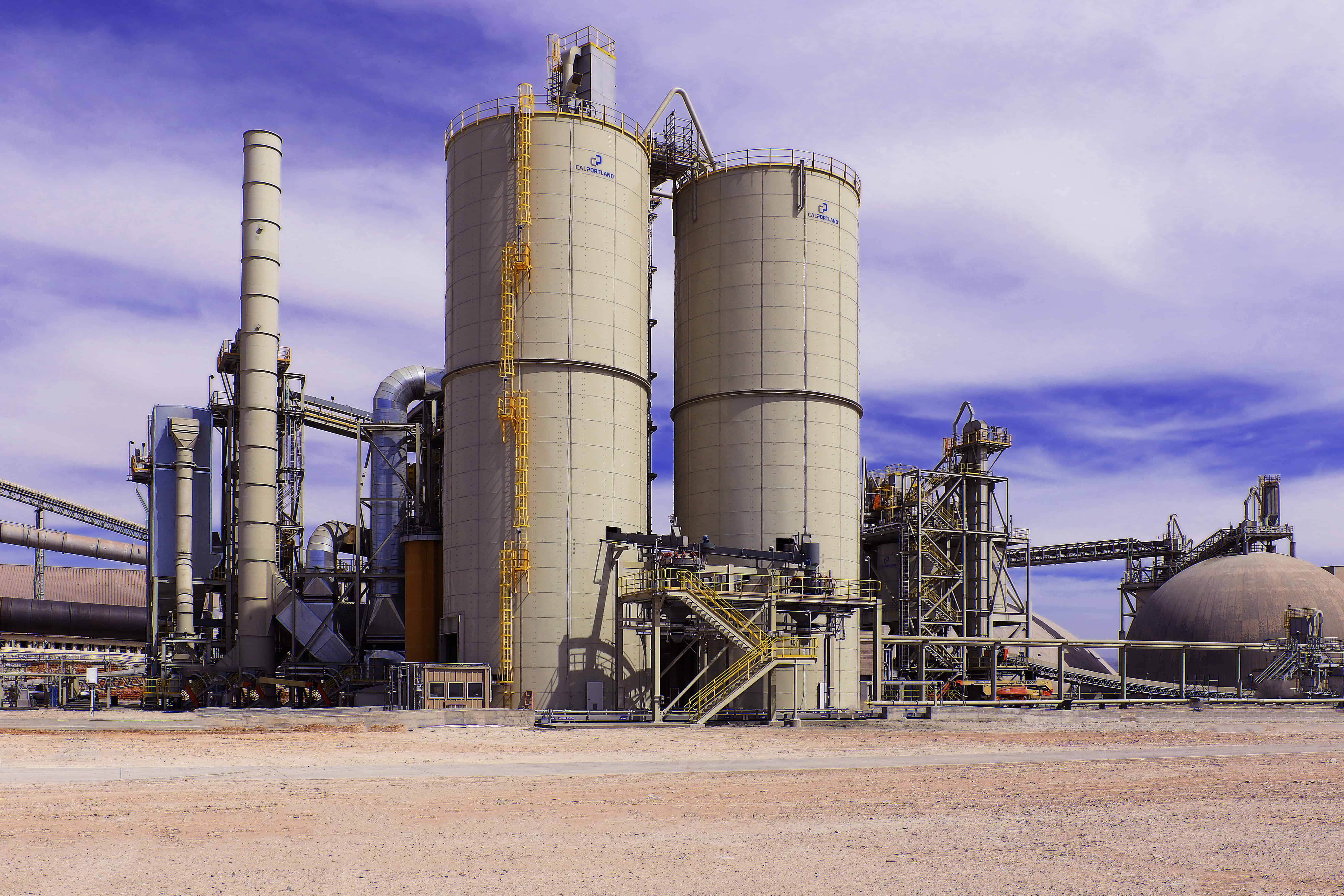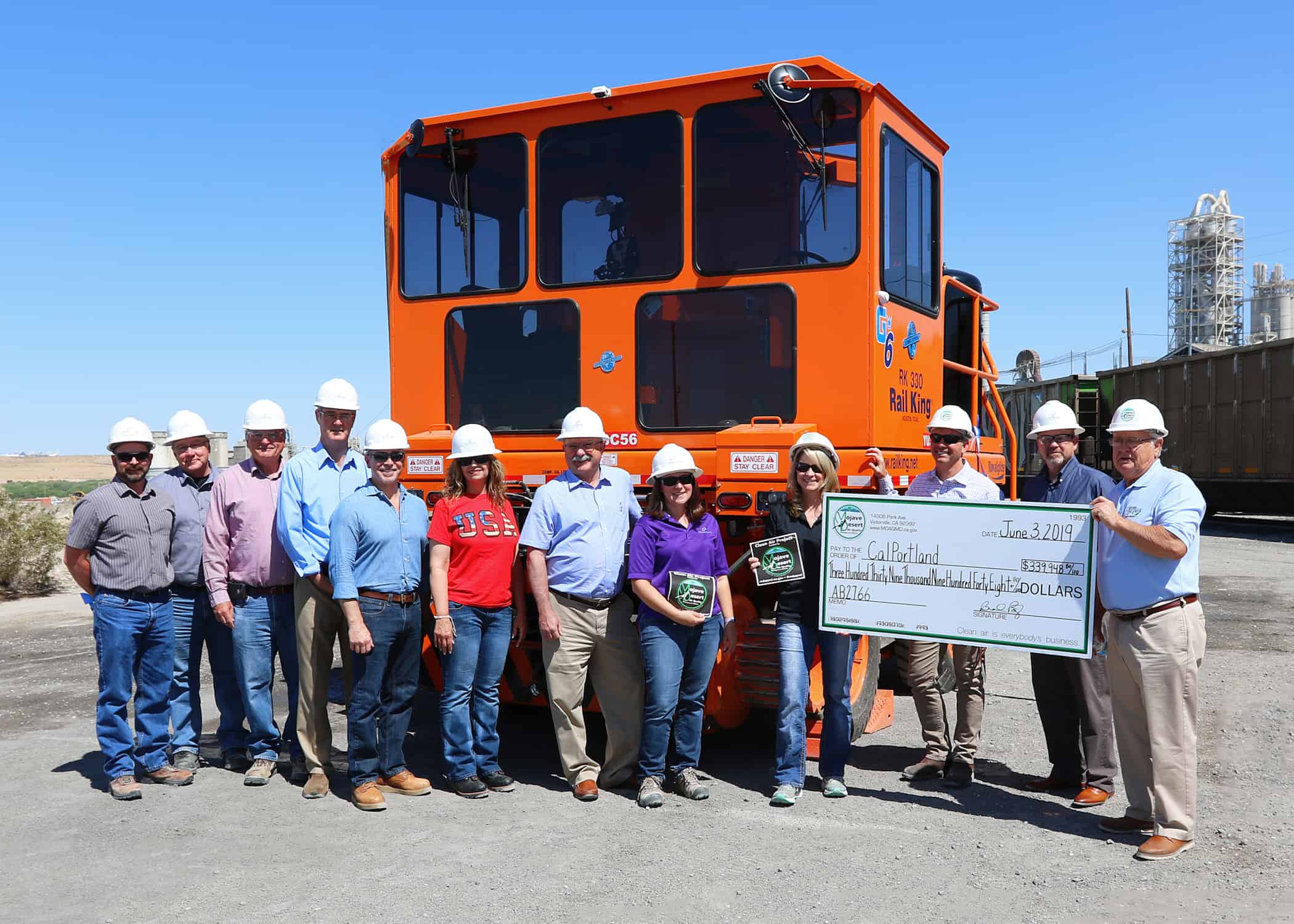The Oro Grande cement plant, a titan of industry, stands as a testament to the transformative power of innovation and the economic vitality it brings to its surrounding community. From its humble beginnings to its present-day prominence, the plant has played a pivotal role in shaping the region’s landscape and economy.
Nestled amidst the rugged beauty of the Mojave Desert, the Oro Grande cement plant is a marvel of engineering and environmental stewardship. Its state-of-the-art facilities employ cutting-edge technology to produce cement, a vital component in the construction industry.
Cement Production at Oro Grande Plant: Oro Grande Cement Plant

The Oro Grande cement plant, situated in the Mojave Desert of California, is a leading producer of cement in the United States. The plant utilizes a complex and technologically advanced manufacturing process to transform raw materials into high-quality cement.
Raw Materials
The primary raw materials used in cement production at Oro Grande are limestone, clay, and sand. Limestone, a sedimentary rock composed primarily of calcium carbonate, provides the calcium oxide essential for cement production. Clay, a fine-grained sedimentary rock, adds aluminum oxide and silicon dioxide to the mixture. Sand, composed mainly of silica, contributes additional silicon dioxide.
Manufacturing Process
The manufacturing process at Oro Grande involves several key steps:
- Quarrying and Crushing: Raw materials are extracted from nearby quarries and crushed into smaller pieces.
- Grinding and Mixing: The crushed materials are ground into a fine powder and mixed in precise proportions to achieve the desired chemical composition.
- Preheating and Clinker Formation: The raw meal is preheated in a preheater tower to remove moisture and then fed into a kiln, where it is heated to high temperatures (approximately 1450°C) to form clinker, small, dark, nodular pieces of partially fused material.
- Grinding and Cement Production: The clinker is cooled and ground into a fine powder along with a small amount of gypsum to regulate setting time, resulting in the final cement product.
Environmental Regulations and Sustainability
The Oro Grande cement plant adheres to strict environmental regulations and implements sustainability measures to minimize its environmental impact. These include:
- Air Pollution Control: The plant employs advanced air pollution control systems, such as electrostatic precipitators and bag filters, to capture and remove particulate matter from the exhaust gases.
- Water Conservation: The plant uses water-efficient technologies and recycles water whenever possible to conserve this precious resource.
- Land Reclamation: After mining operations are complete, the plant actively reclaims the land to restore it to a natural state.
Economic Impact of the Plant

The Oro Grande cement plant has a significant economic impact on the local community. It creates jobs, generates tax revenue, and supports infrastructure development. The plant also plays a vital role in the construction industry and contributes to regional economic growth.
The plant employs over 300 people, with an annual payroll of over $20 million. These jobs provide a stable income for families in the area and support local businesses.
Tax Revenue, Oro grande cement plant
The plant also generates significant tax revenue for the local government. In 2022, the plant paid over $2 million in property taxes. This revenue helps to fund essential services such as schools, roads, and parks.
Infrastructure Development
The plant has also invested in infrastructure development in the area. In 2021, the plant completed a $10 million project to upgrade the local wastewater treatment plant. This project will help to improve the quality of life for residents and businesses in the area.
Construction Industry
The plant is a major supplier of cement to the construction industry in the region. The plant’s cement is used in the construction of homes, businesses, and infrastructure projects. The plant’s products help to create jobs and support economic growth in the region.


The Oro Grande Cement Plant, a major producer of cement in the United States, is known for its advanced production techniques and environmental stewardship. Its commitment to sustainability extends beyond cement production, as the plant has dedicated efforts to supporting local agriculture.
Through partnerships with farmers, the plant provides resources and expertise to cultivate unique crops such as poached egg plant seeds , a rare and highly sought-after variety. The plant’s involvement in this agricultural initiative not only promotes biodiversity but also strengthens the local economy and showcases the Oro Grande Cement Plant’s commitment to the community.
The Oro Grande Cement Plant, a major supplier of cement in the region, has taken steps to reduce its environmental impact by investing in sustainable practices. One such practice is the use of pots for planting trees around the plant’s perimeter.
These pots not only beautify the area but also help absorb carbon dioxide and improve air quality. By incorporating these pots into its operations, the Oro Grande Cement Plant demonstrates its commitment to minimizing its ecological footprint and creating a more sustainable future.
The Oro Grande cement plant in California is one of the largest cement plants in the United States. It produces over 3 million tons of cement per year. Cement is used to make concrete, which is a key ingredient in the construction of buildings, roads, and bridges.
In recent years, there has been a growing trend of people keeping plants as pets. Plants are the new pets because they are relatively low-maintenance and can provide a number of benefits, including improving air quality and reducing stress. The Oro Grande cement plant is a major employer in the local community and is committed to environmental sustainability.
The plant has invested in a number of measures to reduce its environmental impact, including using renewable energy sources and recycling waste.